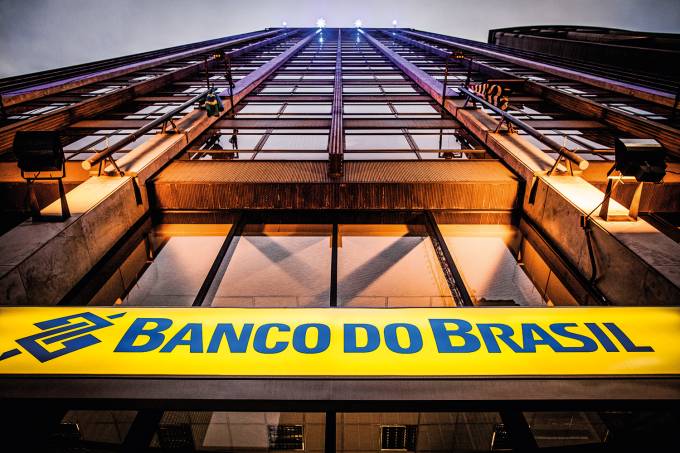RIO DE JANEIRO, BRAZIL – You would think a high-profile association like the Brazilian Banking Federation (Febraban) would be experienced enough to know when it’s better to stay silent but that’s obviously not the case.
The possible exit of Caixa Econômica Federal and Banco do Brasil from Febraban would mean a 22.5% loss of revenue for the main association of the Brazilian banking sector, according to sources familiar with the matter.
The two public banks are threatening to leave the institution due to a manifesto led by Fiesp and signed by some 100 industry representatives from the financial and industrial sectors, calling for gestures of pacification between the powers.
Febraban is an organization with many members, but Caixa and Banco do Brasil are among the main contributors to the association’s budget, being among the five largest banks in the country.
Together with Bradesco, Itaú, and Santander, the five institutions held an 81.8% share of the country’s credit market in 2020.
The exit of the public banks from the institution was announced by the president of Caixa, Pedro Guimarães, and the president of Banco do Brasil, Fausto Ribeiro.
The manifesto was supposed to be published in the newspapers this week, but it was postponed. According to the financial institutions ‘ interlocutors, what irritated the public banks was a change in tone in the document.
According to sources who followed the negotiations, Febraban members insisted that the manifesto be more stridently anti-government than originally planned.
The original idea of the text was to call for “pacification” between the governmental branches and to defend democracy. But the text became a criticism of the government and President Jair Bolsonaro, which displeased Pedro Guimarães.
Along with Fausto Ribeiro, Guimarães specifically the Bolsonaro question, saying it was not right for public banks to sign a manifesto critical of the government.
The Minister of Economy, Paulo Guedes, was informed that he did not oppose this decision but did not participate in the talks.



